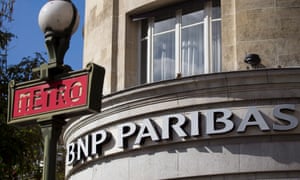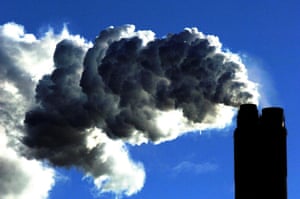
Under an agreement signed in 2012, India’s largest coal power
company, the state-owned National Thermal Power Corporation (NTPC) would
develop the plant in Khulna division as a joint venture with
Bangladesh’s Power Development Board.
Activists are concerned the plant, less than 10 miles from the
protected Sundarbans mangrove forest, would lead to its environmental
degradation from increased ship traffic, dredging, and pollution of air
and water.
On 5 June, other organisations
such as National Committee for Saving the Sundarban, Bangladesh
Poribesh Andolan, Bangladesh Environmental Lawyers Association, and
Poribesh Bachao Andolan renewed their call to scrap the plant.
Their fears are not unfounded. India’s first environmental rating of coal-fired thermal plants
was published by the Green Rating Project of the Centre for Science and
Environment, Delhi. Since NTPC refused to collaborate, the rating was
based on primary data and publicly available information. In India, the
company operates 25 thermal plants and a further nine under joint
venture collaborations. Six of these plants scored poorly on
environmental parameters, rating a mere 16 to 28% compared to the best
possible rating of 80%. Loans
are expected to fund up to 70% of the $1.5b project, while India and
Bangladesh will fund the remaining 30% equally. However, the Bangladesh Planning Commission refused approval.
It said the project was not compliant with the country’s existing
policy nor was the funding and ownership of the plant clear. This leaves
even the 15% Bangladesh stake in the project uncertain.
Even before funds can be raised to build the first plant, the Bangladesh power Development Board has inexplicably started acquiring land for a second plant.

No comments:
Post a Comment